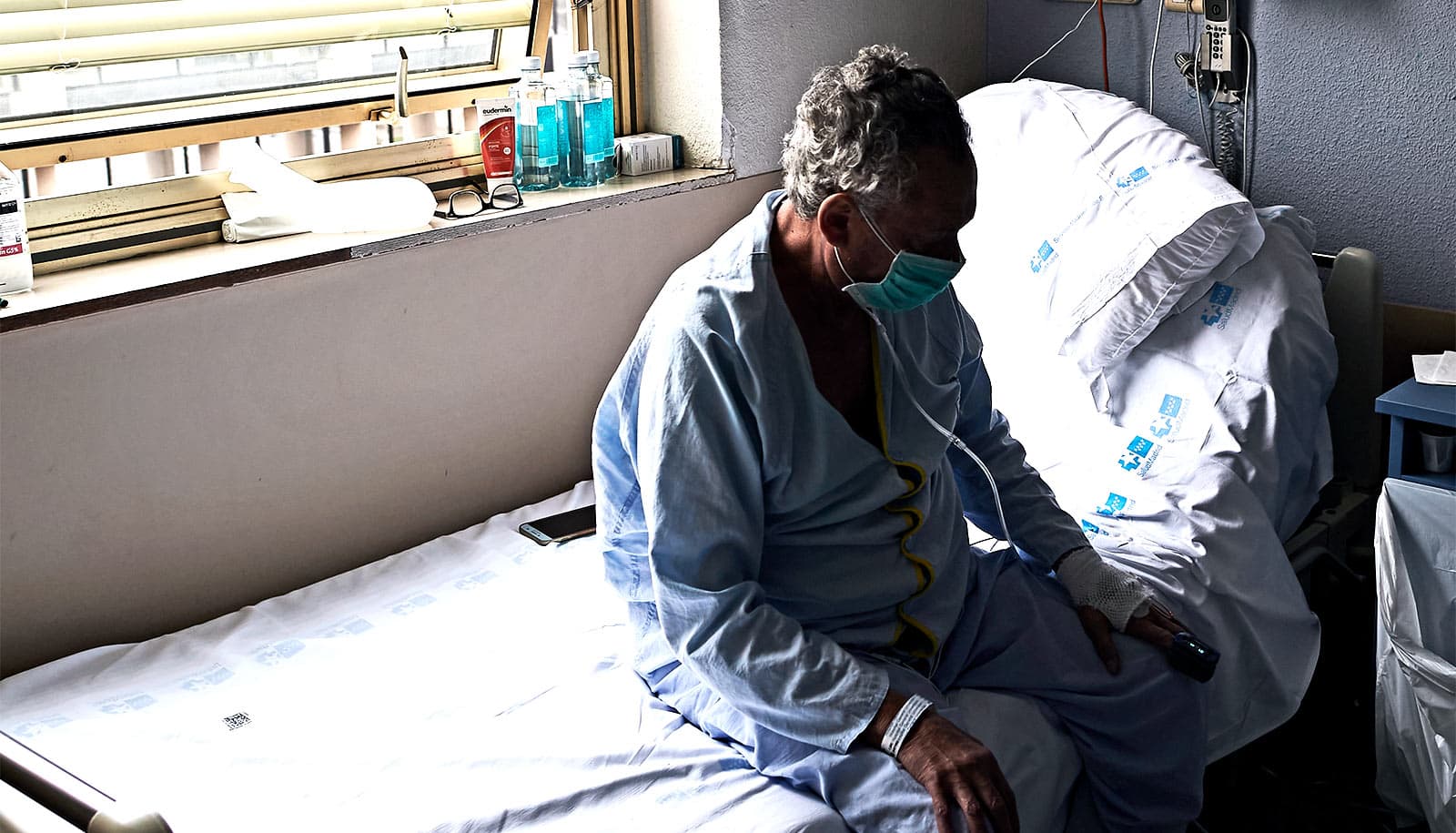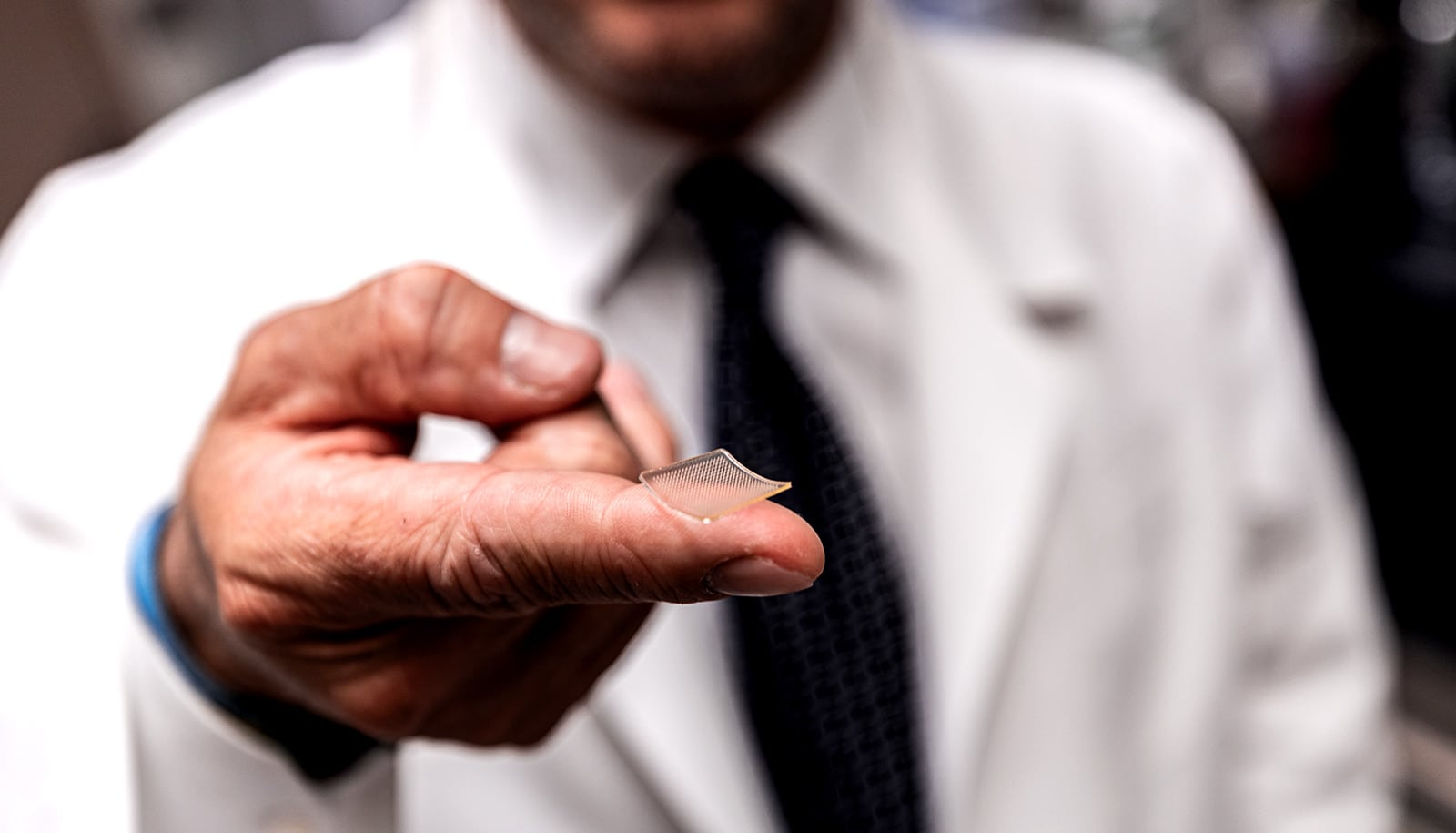In the next week, we should see results from a clinical trial of a drug called remdesivir.
Researchers in the Texas A&M University lab of Wenshe Ray Liu were the first to identify the antiviral drug remdesivir as a viable medicine to treat COVID-19 in research from late January. The drug was originally developed in response to the 2014 Ebola pandemic.
In the wake of the novel coronavirus pandemic, Liu and his research team have focused their lab solely on searching for drugs to treat COVID-19.
As a chemical biologist specializing in medicinal chemistry, Liu’s primary research target is cancer. But the lockdown of Wuhan and the first two diagnosed cases in the US prompted him to refocus his lab on coronavirus.
“The motivation that drove us was the rush against time to find alternative medicines that might be put in use to fight against the virus when it spread to the US,” Liu says.
The researchers are working to develop drugs that can prevent SARS-CoV-2—the virus that causes COVID-19—and other coronaviruses from replicating once inside human cells. They’re also exploring how to counteract the effect of the viruses in human plasma.
Liu says his group has made significant progress in a very short time toward their ultimate goal: to push a COVID-19 drug candidate to preclinical trials and clinical testing before the pandemic subsides.
“There is sufficient scientific knowledge for this group of viruses, and we will be able to find cures,” he says.
Remdesivir is being tested in at least five large-scale clinical trials around the world and also has been delivered to some patients, including the first known US case confirmed January 21 in Washington. That patient recovered after compassionate use of remdesivir.
While Liu says he remains convinced it’s the right treatment, he cautions that success shouldn’t be viewed as a one-shot approach, given such a swift-moving target as COVID-19.
“Remdesivir is still the best and probably the only option to target the virus directly in patients,” he says.
With the US clinical trial set to finish this week, Liu is optimistic that the final results released next week will speak for themselves. However, with remdesivir poised to be the only approved drug to treat COVID-19, its large-scale use will occur, and some drug-resistant virus strains will evolve.
“At this stage, the scientific community needs to prepare for the worst and work to bring other treatment options to the forefront,” he says, adding that while there have been positive results from tests of hydroxychloroquinine, additional options are needed.
When it comes to viral mutations and reports that multiple strains of the virus exist, Liu deferrs to clinicians, but acknowledged that it has become more virulent.
“The infectivity of the original strain shown in Wuhan was not as high as what we have observed for the current strain in the US,” he says.
Support for the research comes from the Texas A&M Drug Discovery Laboratory, as well as the National Institutes of Health, the Cancer Prevention and Research Institute of Texas, and the Welch Foundation funding initially provided for Liu’s group’s underlying cancer-related research.
Source: Texas A&M University



